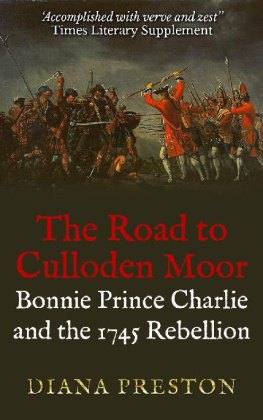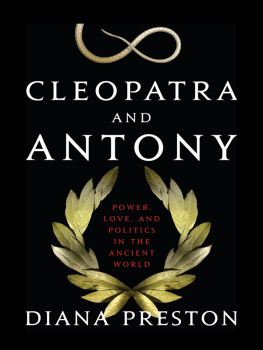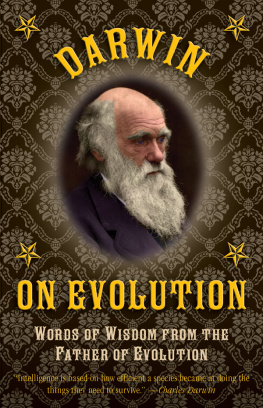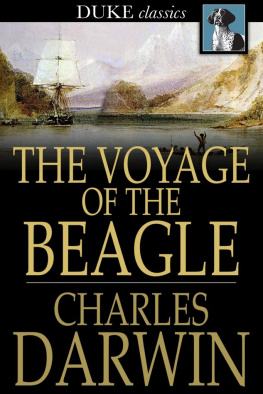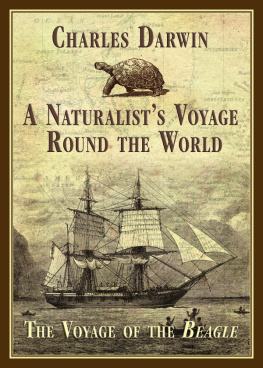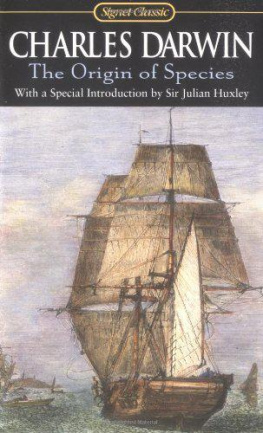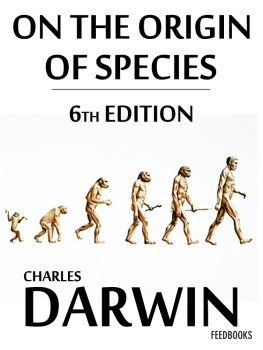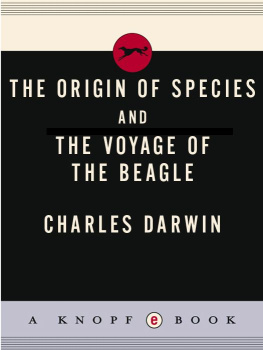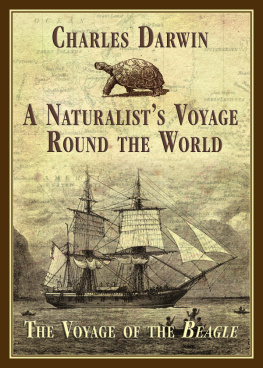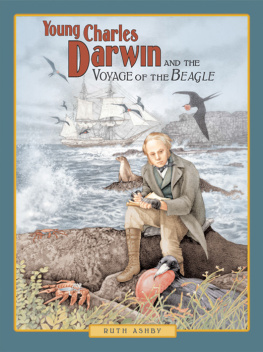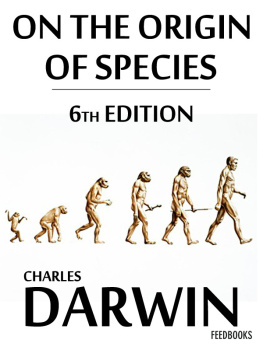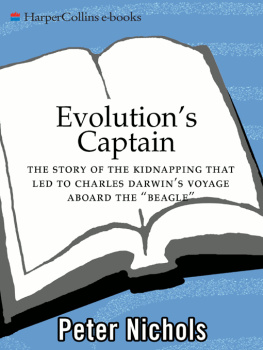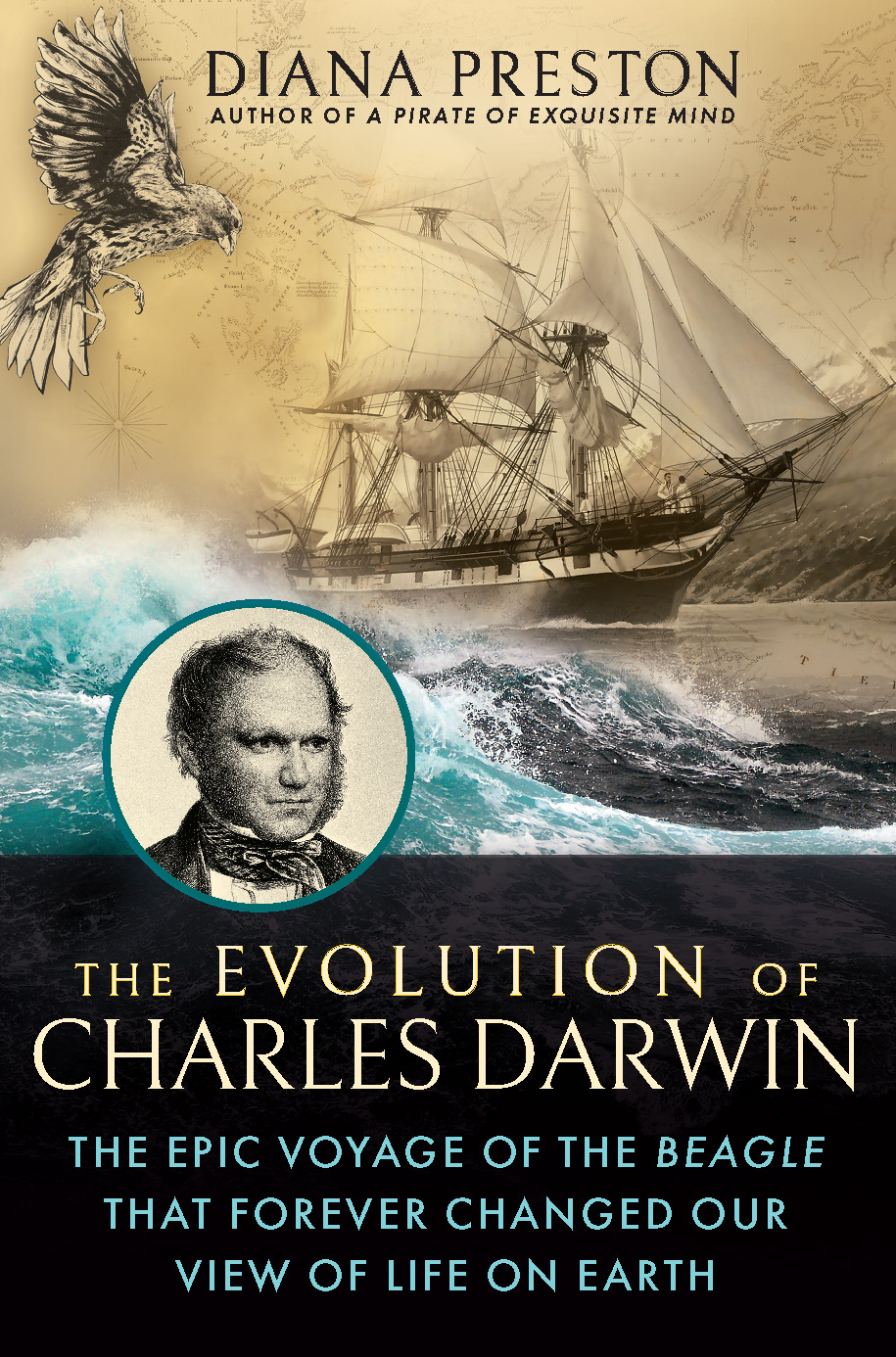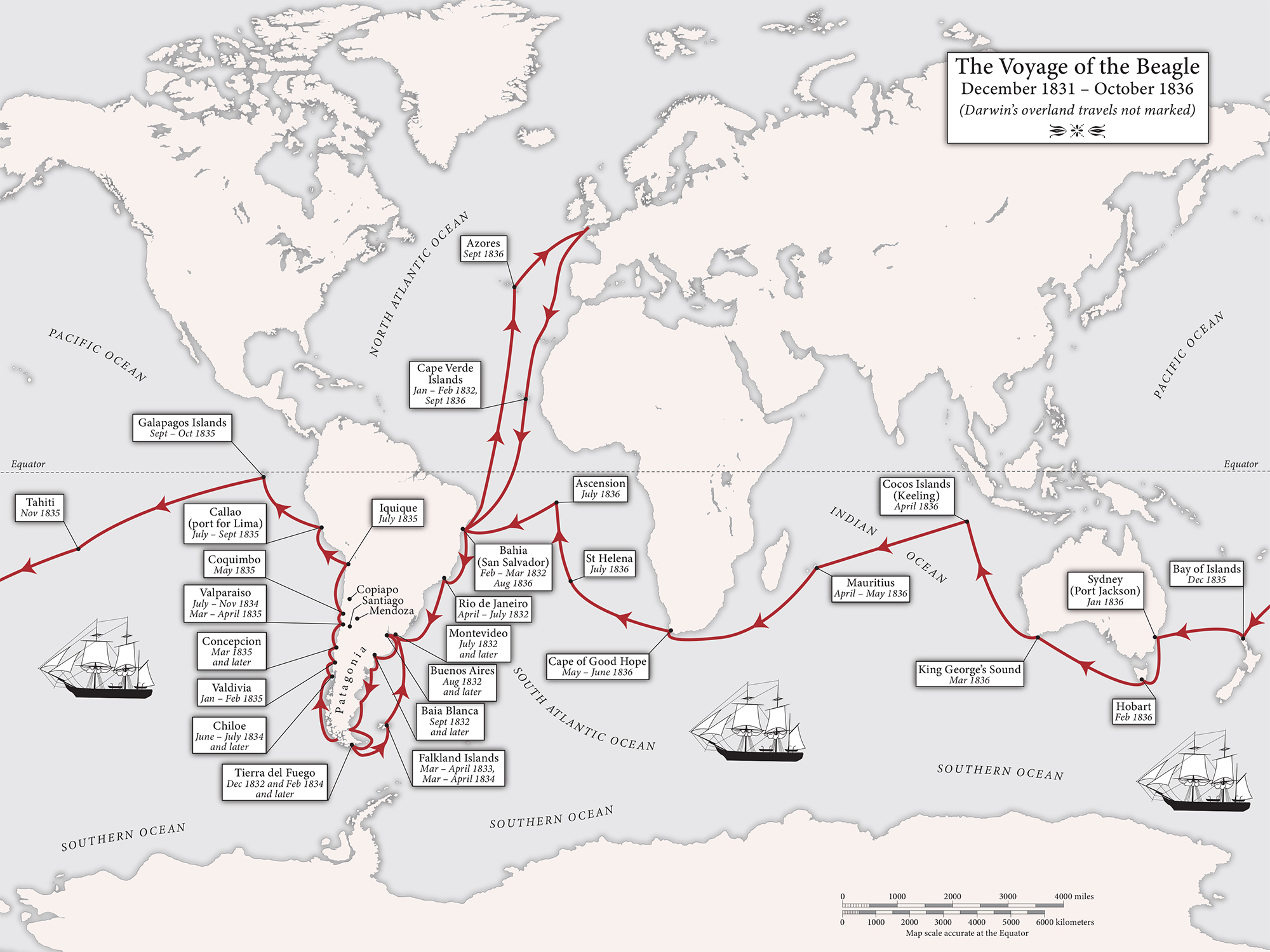Diana Preston - The Evolution of Charles Darwin: The Epic Voyage of the Beagle That Forever Changed Our View of Life on Earth
Here you can read online Diana Preston - The Evolution of Charles Darwin: The Epic Voyage of the Beagle That Forever Changed Our View of Life on Earth full text of the book (entire story) in english for free. Download pdf and epub, get meaning, cover and reviews about this ebook. City: New York, year: 2022, publisher: Atlantic Monthly Press, genre: History. Description of the work, (preface) as well as reviews are available. Best literature library LitArk.com created for fans of good reading and offers a wide selection of genres:
Romance novel
Science fiction
Adventure
Detective
Science
History
Home and family
Prose
Art
Politics
Computer
Non-fiction
Religion
Business
Children
Humor
Choose a favorite category and find really read worthwhile books. Enjoy immersion in the world of imagination, feel the emotions of the characters or learn something new for yourself, make an fascinating discovery.

- Book:The Evolution of Charles Darwin: The Epic Voyage of the Beagle That Forever Changed Our View of Life on Earth
- Author:
- Publisher:Atlantic Monthly Press
- Genre:
- Year:2022
- City:New York
- Rating:5 / 5
- Favourites:Add to favourites
- Your mark:
The Evolution of Charles Darwin: The Epic Voyage of the Beagle That Forever Changed Our View of Life on Earth: summary, description and annotation
We offer to read an annotation, description, summary or preface (depends on what the author of the book "The Evolution of Charles Darwin: The Epic Voyage of the Beagle That Forever Changed Our View of Life on Earth" wrote himself). If you haven't found the necessary information about the book — write in the comments, we will try to find it.
From the Los Angeles Times Book Prizewinning historian, the colorful, dramatic story of Charles Darwins journey on HMS Beagle that inspired the evolutionary theories in his path-breaking books On the Origin of Species and The Descent of Man
When twenty-two-year-old aspiring geologist Charles Darwin boarded HMS Beagle in 1831 with his microscopes and specimen bottlesinvited by ships captain Robert FitzRoy who wanted a travel companion at least as much as a ships naturalisthe hardly thought he was embarking on what would become perhaps the most important and epoch-changing voyage in scientific history. Nonetheless, over the course of the five-year journey around the globe in often hard and hazardous conditions, Darwin would make observations and gather samples that would form the basis of his revolutionary theories about the origin of species and natural selection.
Drawing on a rich range of revealing letters, diary entries, recollections of those who encountered him, and Darwins and FitzRoys own accounts of what transpired, Diana Preston chronicles the epic voyage as it unfolded, tracing Darwins growth from untested young man to accomplished adventurer and natural scientist in his own right. Darwin often left the ship to climb mountains, navigate rivers, or ride hundreds of miles, accompanied by local guides whose languages he barely understood, across pampas and through rainforests in search of further unique specimens. From the wilds of Patagonia to the Galpagos and other Atlantic and Pacific islands, as Preston vibrantly relates, Darwin collected and contrasted volcanic rocks and fossils large and small, witnessed an earthquake, and encountered the Argentinian rhea, Falklands fox, and Galpagos finch, through which he began to discern connections between deep past and present.
Darwin never left Britain again after his return in 1836, though his mind journeyed far and wide to develop the theories that were first revealed, after great delay and with trepidation about their reception, in 1859 with the publication of his epochal book On the Origin of Species. Offering a unique portrait of one of historys most consequential figures, The Evolution of Charles Darwin is a vital contribution to our understanding of life on Earth.
Diana Preston: author's other books
Who wrote The Evolution of Charles Darwin: The Epic Voyage of the Beagle That Forever Changed Our View of Life on Earth? Find out the surname, the name of the author of the book and a list of all author's works by series.




